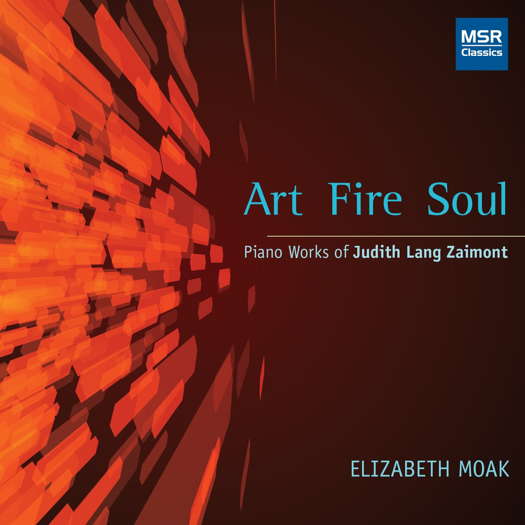 SPONSORED: CD Spotlight. An Encyclopedic Recital - Elizabeth Moak plays Judith Lang Zaimont, heard by the late Howard Smith.
SPONSORED: CD Spotlight. An Encyclopedic Recital - Elizabeth Moak plays Judith Lang Zaimont, heard by the late Howard Smith.
All sponsored features >>
Quite a Journey
MIKE WHEELER listens to David Wright's talk, followed by his performance of J S Bach's 'Goldberg Variations'
So far, Derby Chamber Music has tended to be cautious about exploring the world of early music. Maybe David Wright's performance of J S Bach's Goldberg Variations suggests that things may be shifting a little in that direction - Multi-Faith Centre, Derby University, Derby, UK, 8 December 2024.
Playing a modern copy of a seventeenth-century Ruckers harpsichord, he began with a well-received illustrated talk, exploring various influences on Bach's music. After a sprightly account of the overture to Handel's opera Rinaldo, he switched our attention to the French harpsichordist and composer Jean Henry D'Anglebert and, in particular, his influence on Bach's ideas about ornamentation. Movements from a Suite in G minor included a delightfully spring-heeled Gigue. Wright's guide to the instrument itself included illustrating the difference in tone produced by the two manuals, and he showed us one of the jacks, the parts of the mechanism that engage directly with the strings. Two sonatas by Domenico Scarlatti suggested the Italian influence on Bach - a calm account of the Sonata in A, K 208, followed by the Sonata in C, K 159, in effect another gigue, showing what Wright described as Scarlatti's 'sense of fun'. Suggesting links to Bach's A Musical Offering, he then talked us though a few of the canons that punctuate the Variations, and also indicated connections with music by William Croft, and a Passacaglia by Johann Caspar Ferdinand Fischer.

David Wright
So to the performance itself. After a thoughtful account of the Aria, Wright was a lucid guide to the changing characters of the individual variations. On the one hand, we heard a lively account of Variation 1, a springy fourth Variation, and No 7 given plenty of bounce. On the other, there was an easy lilt to No 6, and a deepening introspection in the three minor-key variations, Nos 15, 21 and 25. His treatment of the hand-crossing and flickering figures of Variation 14 had a delightful touch of whimsicality, and his use of the lute stop for Variation 19 produced an effective change of tone. His handling of the canons that make up every third variation kept the textures clear.
Among the later variations, we heard a nimble performance of the toccata-like No 20, a delightfully bubbly Variation 26, and a firm, declamatory opening to the astonishing virtuosity of No 29. The Quodlibet, Variation 30, in which Bach replaces the expected tenth canon with mock-serious contrapuntal treatment of two popular songs of his day, had an aptly sturdy, down-to-earth character.
Bach's inexhaustible invention makes for quite a journey, and the concluding reprise of the Aria really felt as though composer, player and audience were focused on absorbing the whole experience.
Copyright © 20 December 2024
Mike Wheeler,
Derby UK




